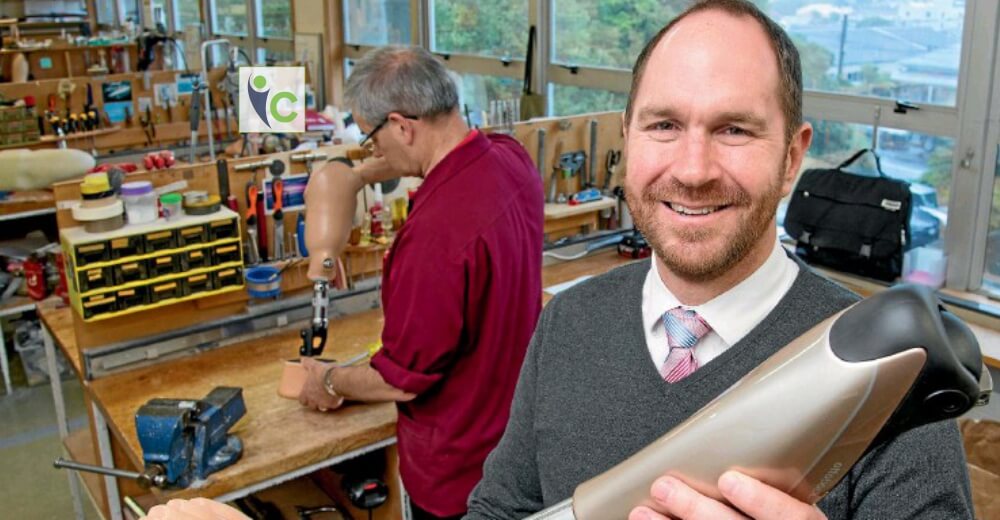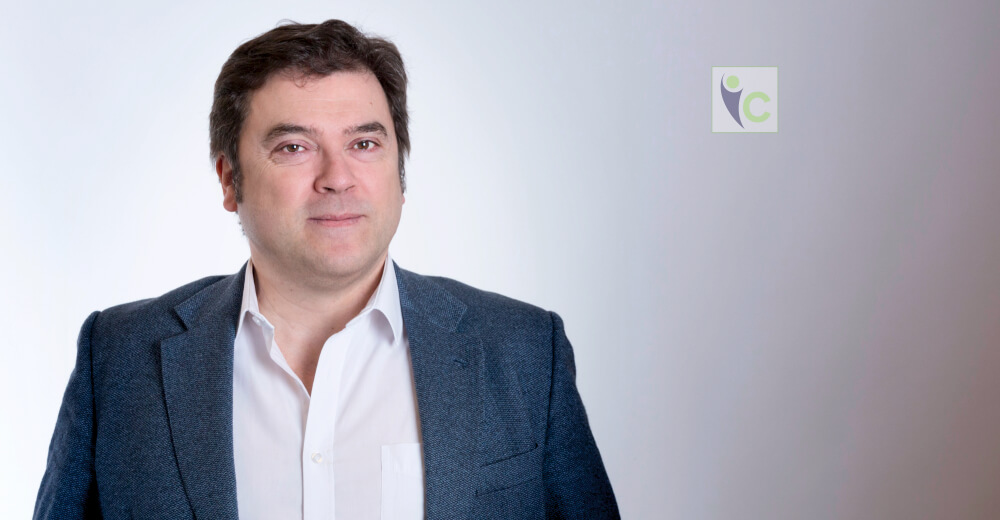Non governmental organizations ( NGOs) have always come forward to help the migrant workers, to fight the pandemic and extend help by providing food, water and transportation at their cost and deserve all appreciation.
There have been side effects to the COVID-19 Pandemic and there is still much more to do as the domino effect from the novel Coronavirus continues. The pandemic has not only cost livelihood but has also triggered mental health issues. The healthcare industry is reeling from the lack of personal protective equipment (PPE). Despite the PM’s repeated appeals, mass gatherings continue. In such a situation, NGO’s play a big role in reining in the pandemic. They are the trusted members of the society.
NGOs have deep penetration in society. They have access to areas where healthcare organizations are absent. One such NGO is MEND.
MEND was registered in 1991 in New Zealand as a Charitable Trust to help people overcome their disabilities and become more independent. By helping those challenging disabilities to become mobile, trained in skills and employable they can regain their dignity within the community.
A few years before MEND was registered as a charity, founder and Director Rob Buchanan was helping repair and distribute discarded wheelchairs and other mobility aids.
Here’s how he finally found his calling with MEND.
Kindly tell us about the prominent services and solutions you offer to your
clients.
I realised the most effective way to reach most local people in need in developing countries was by empowering key, passionate young people to set up their own NGOs ( Non-Govt Orgs), workshops and rehabilitation centres.
Then they can control their own programmes and rehabilitation work with our support, funds and mentoring . The local team then gains their own community’s appreciation and status that ensures the sustaining and longevity of the organisation.
That rehabilitation involves outreach client assessment and referral, intensive physiotherapy, prosthetics and orthotics, hearing programmes, corrective surgery, post- operative care, followed-up by skills’ training and small business loans for clients treated so they can gain financial security.
What is the present scenario of the industry? How are you contributing to making it better?
In Kashmir, India, more than 13500 people challenging every type of disability ( “differently-abled persons”) have been helped thru the MEND’s partner, Hope Centre since starting in 2005. At one stage they had 45 staff thru EU funding and expanded outreach to several new centres there.
MEND has been able to reduce the cost of prostheses to the poor while improving the quality by buying parts from China that are modern, lightweight and adjustable. The old days of using plastic water pipe to make limbs are over!
Among number of competitors, how have you managed to stay at the top of the ladder? What are the characteristics that set you apart?
MEND encourages employment of young PnO graduates who have done the training but often can’t secure work. In 2019 graduates even started their own limb centres in Kenya, Tanzania and in 2020 one in Eswatini ( Swaziland), which already has secured a government contract.
MEND funds limb parts for those clients who cant afford to pay for their limbs.
The NGO supports hospital PnO units and occasionally even help government PnO units if they agree to sending followup reports.
No amputees are turned away due to poverty. Our main donor is We Help Two ( USA) and Ellem Foundation ( UK) plus we have individuals who support and fund limbs.
MEND helps set up small workshops with basic modern, lightweight, electric tools.
Typically just $1500 (US) buys most of the basic electric and hand tools needed to make quality sockets. And we buy a good, local, baker’s oven for molding the thermo-plastics.
They buy new low- cost parts from China, but also collect and recycle quality, used limb parts from Europe, USA, Australia and NZ.
Many of these parts are still brand new or had little use belonging to older amputees who were fitted with expensive prostheses.
What are the latest developments that you have identified in your field of focus? How do you ensure to stay at pace with them?
The Covid virus has slowed down some workshops and closed one, due to ongoing costs and no clients. Adapting to safety protocols is allowing startup again.
To lower fitting costs in East Africa MEND is buying and distributing Chinese parts, as their agent. Many workshops currently buy from Europe at high prices. Prosthetic parts Sales can benefit the partners too to raise some income.
The aim is to keep their BK ( Below Knee ) modular limbs costing $150-$200-250 US and AK ( Above Knee) prices at less than $350. This is by far the cheapest in Africa for modular, adjustable limbs that can be charged at $2000 per limb by some providers. For the poorest amputees even these prices are subsidised partly or fully depending on family income.
Very few free quality modular limbs are offered or fitted in Africa.
Brief us about the awards and accreditation you have received, if any. Also tell us where do you see the company in the years to come?
Our partners have gained lots of local recognition for services and efficiency and now gaining government grants and funds. In many developing countries, few NGOs are trusted to do what they say they will do with public money.
MEND has had few global or national awards or recognition. In NZ the vast work of charities is downplayed and understated. Its a national character!
BBC World did include MEND’s projects with partners in Kashmir and Nepal at Hope Centres in two consecutive finals of 1000 entries in the BBC World Challenge in 2007 and 2008.
About the Leader
Though having both Australian and US citizenship, Rob Buchanan has lived in NZ for 50 years! Remembering the saying that “ life begins at 40” Rob started MEND to repurpose practical skills he had learnt building yachts and even horse-drawn wagon around NZ, to benefit those with poor mobility. The phrase “self-help..not sympathy” seemed to strike a chord as a motto.meaning….“To give the tools that allow others to help themselves out of poverty, low mobility and opportunity.”
With caring, volunteer Board of Trustees and helpers, and kind, long-term donors MEND has now been operating for 30 years.













